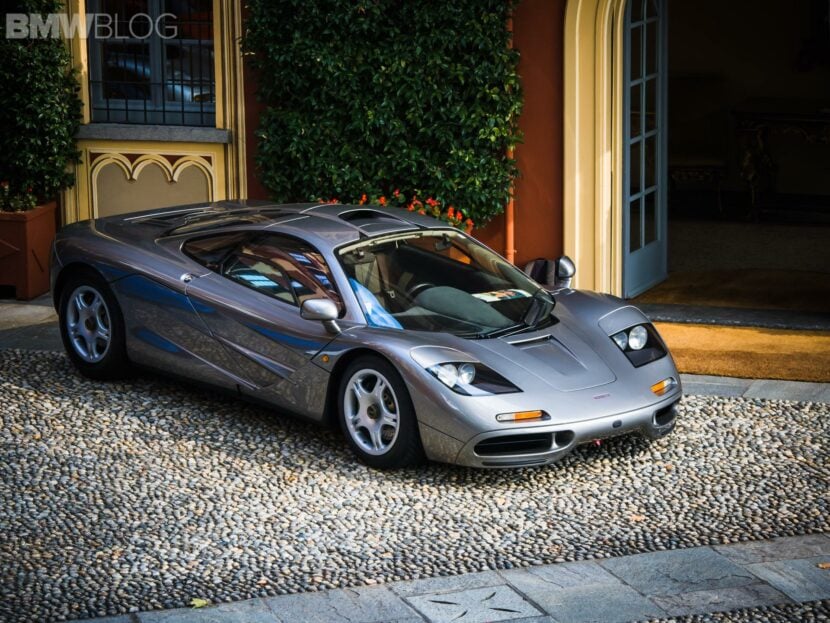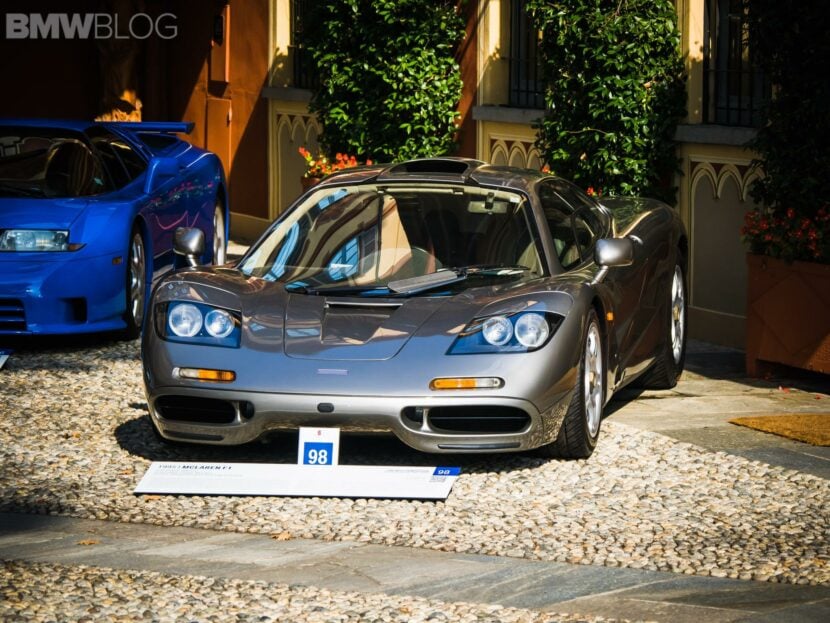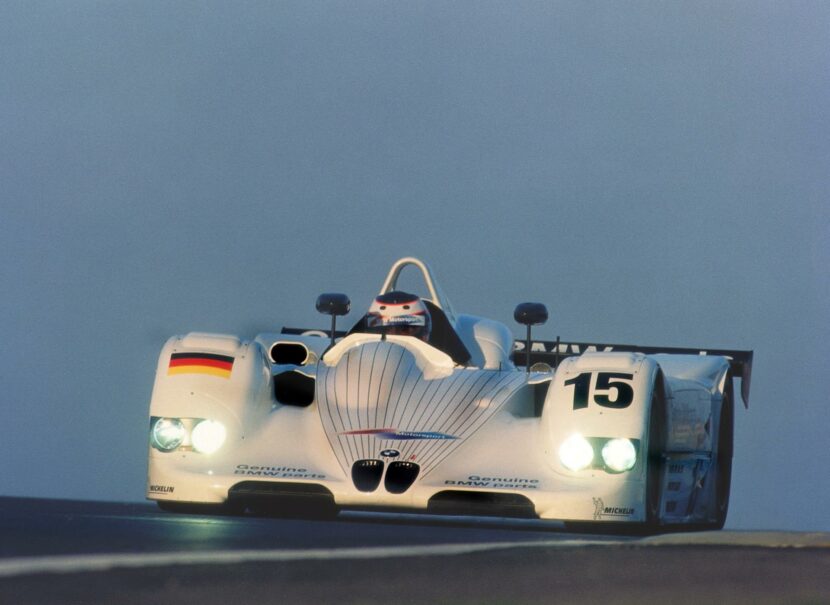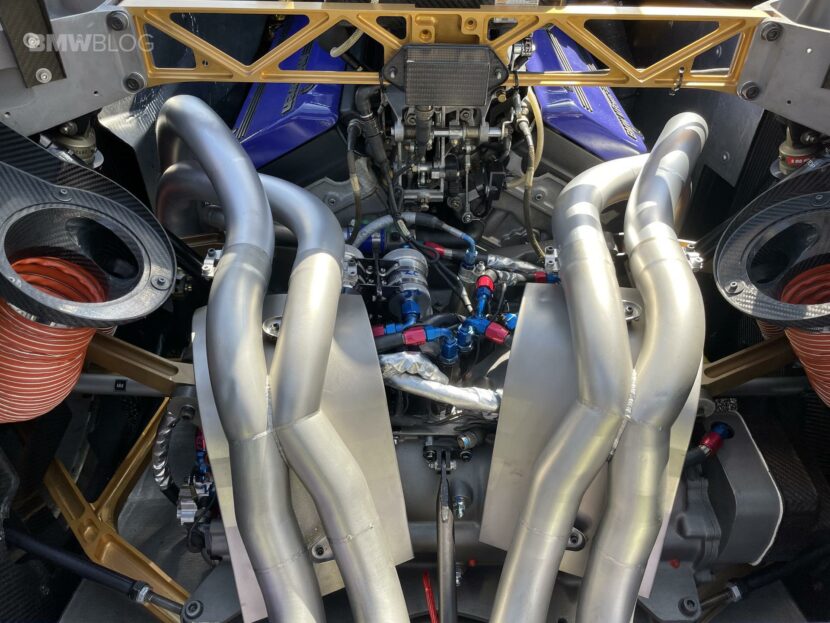
[ad_1]
In case you are a fan of high-performance engines, you most likely know in regards to the BMW S70/2 engine. This wasn’t simply an engine; it was a legend, the BMW S70/2. Nestled throughout the glossy curves of the McLaren F1, it pulsed with an influence that belied its pure aspiration. No turbos, no superchargers, simply pure, unadulterated Bavarian brilliance. However what makes this engine so particular? Let’s discover out.
V12 with 627 HP
Whereas the M70, its predecessor, was a good V12, the S70/2 was a beast unleashed: 4 valves per cylinder, titanium conrods and VANOS variable valve timing. It was a 6.1-liter V12 engine producing 627 horsepower and 480 lb-ft of torque. It was developed by BMW Motorsport in collaboration with McLaren and Paul Rosche, the engineer behind lots of BMW’s racing engines. The engine relies on the M70 engine that was used within the BMW 8 Sequence, however with many modifications and enhancements. The S70 additionally powered the E31 M8 prototype that by no means made it into manufacturing.
Among the options of the S70/2 embrace:
- A light-weight aluminum block and heads
- 60-degree V12
- A solid metal crankshaft and titanium connecting rods
- 4 valves per cylinder and variable valve timing
- Particular person throttle our bodies for every cylinder
- Bore x stroke of 86 mm × 87 mm (3.39 in × 3.43 in)
- A dry sump lubrication system
- A bespoke carbon fiber consumption manifold and airbox
- A customized exhaust system with 4 catalytic converters
The result’s an engine that’s compact, mild, highly effective, responsive, and dependable. The S70/2 weighs solely 266 kg (586 lb), which is lower than some V8 engines. It will probably rev as much as 7500 rpm and has a power-to-weight ratio of two.36 kg/hp (5.19 lb/hp). It additionally has a selected output of 103 hp/liter, which is spectacular for a naturally aspirated engine. The S70/2 additionally shattered the land velocity document in 1998, clocking in at 240.1 mph. It wasn’t simply velocity, although. The S70/2 possessed a soul. Its growl was a guttural roar that despatched shivers down spines, a testomony to the tireless hours poured into its creation.
The S70/2 was solely used within the McLaren F1, which was launched in 1992 and produced till 1998. The McLaren F1 is extensively thought to be among the best supercars ever made, and the S70/2 engine is a giant a part of its success. The McLaren F1 can speed up from 0 to 60 mph in 3.2 seconds, from 0 to 100 mph in 6.3 seconds, and from 0 to 200 mph in 28 seconds. Better part? It was paired with a customized six-speed handbook transmission with a carbon triple clutch.
The S70/2 engine additionally gained a number of awards and accolades, resembling:
- The Worldwide Engine of the Yr in 1995 and 1996
- The Greatest Engine Above 4 Liters in 1995 and 1996
- The Greatest New Engine in 1995
- The Greatest Efficiency Engine in 1996
Le Mans Glory
In 1995, the McLaren F1 LM, powered by the S70/2 (detuned to 600 horsepower), takes the historic victory at Le Mans, beating out purpose-built prototypes. The F1 LM led for 21 hours, finishing 275 laps, a document on the time. The light-weight F1 LM, with its naturally aspirated engine, triumphed over a lot heavier, extra highly effective opponents. The victory showcased the S70/2’s reliability, effectivity, and uncooked energy in probably the most demanding races on this planet. The victory cemented the S70/2’s legend, endlessly related to one in all motorsport’s most prestigious occasions.
McLaren F1 GTR and the S70/3
In subsequent years, modifications had been made to the engine for its use in motorsports, notably within the McLaren F1 GTR. This automobile excelled within the BPR World GT Sequence and, from 1997, the FIA GT Championship. By 1998, BMW’s Motorsport division had reengineered this engine into the 6.0-liter S70/3 variant, tailor-made for the V12 LM prototype racer and its successor, the V12 LMR. The S70/3 engine was additionally included into the X5 Le Mans, though this idea by no means reached manufacturing, it left a big mark in historical past by finishing a lap of the famend Nürburgring Nordschleife in underneath eight minutes. This document for an SUV remained unchallenged for 19 years.
A Masterpiece of Engineering
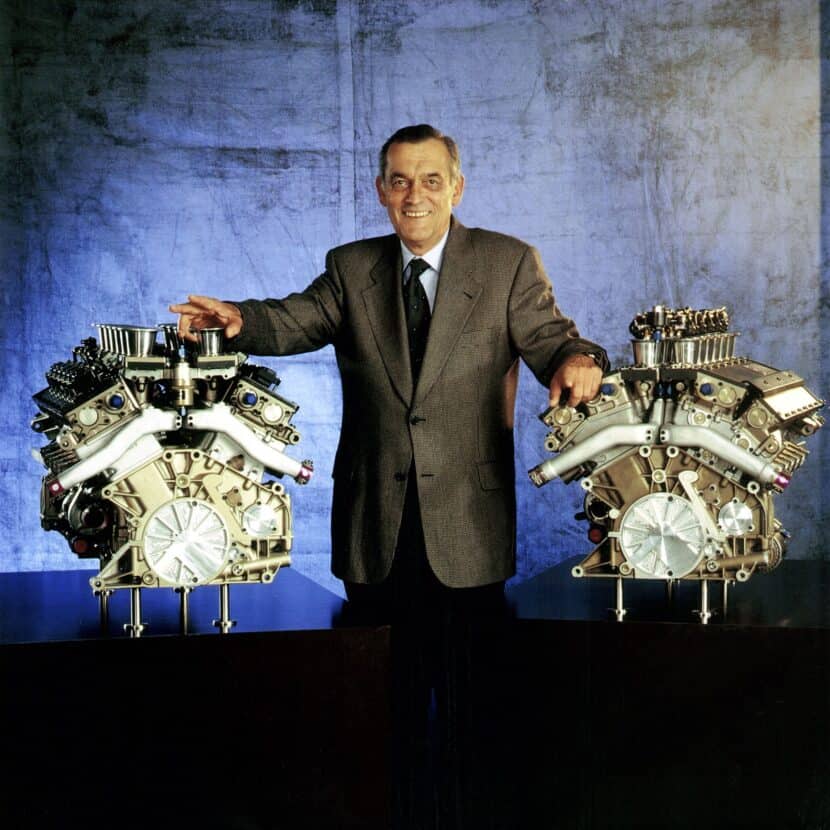
The BMW S70/2 is undoubtedly among the best engines ever created, and a masterpiece of engineering. It’s a testomony to the eagerness and ability of BMW Motorsport and Paul Rosche, who delivered an engine that matched the imaginative and prescient and ambition of McLaren. The S70/2 engine isn’t solely a strong and dependable engine, but in addition a bit of automotive historical past.
[ad_2]
